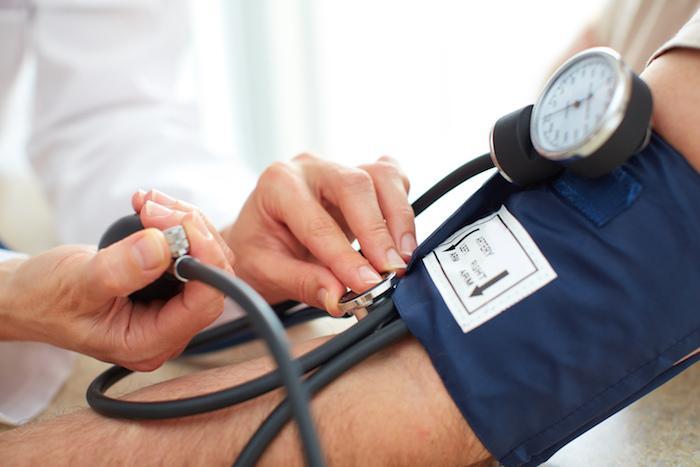
How Does Salt Affect Blood Pressure?

Your heart sends oxygen-rich blood throughout your body to fuel your organs, muscles, and other tissues. Every heartbeat puts pressure against the walls of your veins and arteries, and this pressure is how blood moves within your body.
Your body needs a certain amount of blood pressure to function at its best. But when blood pressure gets too high, it can damage your blood vessels and contribute to a range of common heart conditions.
High blood pressure is very common. In fact, nearly half of all American adults have it. Uncontrolled high blood pressure can have a serious effect on your health, but there’s a lot you can do to lower your risk and improve your heart health.
Our board-certified physicians at Health Solutions specialize in treating high blood pressure. We help people in four convenient locations in Illinois and Indiana manage their blood pressure and make healthy lifestyle changes to improve their well-being.
The links between salt and blood pressure
Salt, or sodium, is one of the most common food seasonings in the United States. Many people sprinkle table salt over their food before eating, but did you know that it’s already in most of the prepared foods you’ll find at restaurants and grocery stores?
The average American eats more than 3,400 milligrams (mg) of sodium every day. The American Heart Association recommends a daily limit of no more than 2,300 mg, with an ideal limit of 1,500 mg.
Sodium is an important nutrient that balances fluid levels and optimizes muscle function, but your body just needs a small amount to function at its best. Consuming too much salt over an extended period of time has been shown to increase blood pressure.
So, why does a high-salt diet lead to high blood pressure? The answer starts with your kidneys, which are small organs that filter your blood to remove excess fluid and toxins.
When you eat a high-salt diet, it’s harder for your kidneys to effectively remove that excess fluid. The fluid can begin to build up in your body, and this can slowly increase your blood pressure.
Blood pressure that’s too high can damage your blood vessels over time. Blood vessels can harden and narrow, which can make your heart work harder. The harder your heart has to work, the greater your risk is of developing serious health conditions, such as heart disease, heart attack, or stroke.
Cut salt to boost heart health
High sodium intake can have a serious effect on your blood pressure and your health. But the good news is that it’s never too late to implement heart-healthy changes.
Our team offer blood pressure evaluations for people of all ages. Whether you have high blood pressure or not, dietary changes can make a big difference for your heart and overall health.
Eating a low-sodium diet can reverse high blood pressure and minimize some of the long-term damage of the condition. If your blood pressure is within a healthy range now, a diet that’s low in salt can help you avoid developing high blood pressure later on.
Start reducing your salt intake by learning which foods contain the most salt. Packaged or processed foods often have more salt than foods you prepare at home. When you’re dining out, look for low-sodium options and ask for your meal to be prepared without salt.
When you’re grocery shopping, choose lots of fruits, vegetables, and low-sodium or no-sodium options of your favorite foods. Try cooking without adding salt and consider trying new ways to season food by using spices, herbs, and other flavorings.
For more information about reducing your salt intake and making heart-healthy choices, call Health Solutions at one of our four convenient locations in Illinois and Indiana, or book an appointment online.
You Might Also Enjoy...


Get Your Allergies Under Control with Allergy Testing

Treating High Cholesterol: Understanding the Different Types of Statins

7 Myths About Childhood Immunizations Debunked

Why Are My Rheumatoid Arthritis Symptoms Worse in the Heat?


